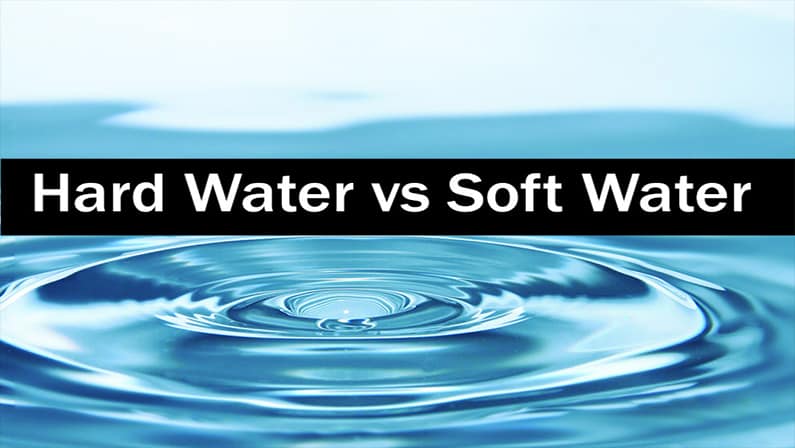Soft Water Vs Hard Water. Hard water is not considered to be dangerous to one's health, and it is perfectly healthy to drink. So, what is the difference between soft water vs. hard water and how does it affect you?

The higher amount of these minerals that.
Unlike hard water, soft water, when passes through the pipelines, does not leave mineral deposit on the inner surface of the pipes, thereby causing less damage.
Water Hardness (& Why You Need Soft Water). The water becomes hard when it picks up. Hard water is formed from soft rainwater which comes into contact with the ground, forcing it to pass through soft rocks such as limestone, gypsum and chalk and collecting minerals on its route. We can go look around to see if we can find any clean drinking water springs. Hard water and soft water have different effects on your skin and hair—some of which may do serious damage. Soft water lacks the mineral taste of hard water and does not leave any residue on the skin, dishes or appliances.
Due to ancient sea beds that had high limestone concentrations, most of the states in the US have hard water, and people often need a water softening treatment. Carlen is in the desert to find water, which, in these parts, is sought after a lot. In so many words, naturally-occurring soft water is like a dream come true. Hard water. is water that contains an appreciable quantity of dissolved minerals (like calcium and magnesium). Soft Water and Hard Water is a quest. A simple demonstration showing the difference between hard water and soft water.
You've probably heard the terms "hard water" and "soft water." You may wonder what determines the hardness or softness of water and whether one type of water is healthier or safer to drink than the other. Hard water is water that contains a large number of dissolved minerals such as calcium and magnesium. I'd like to give a shout out to James Kocian for his amazing music created for Happy Life Studios.






